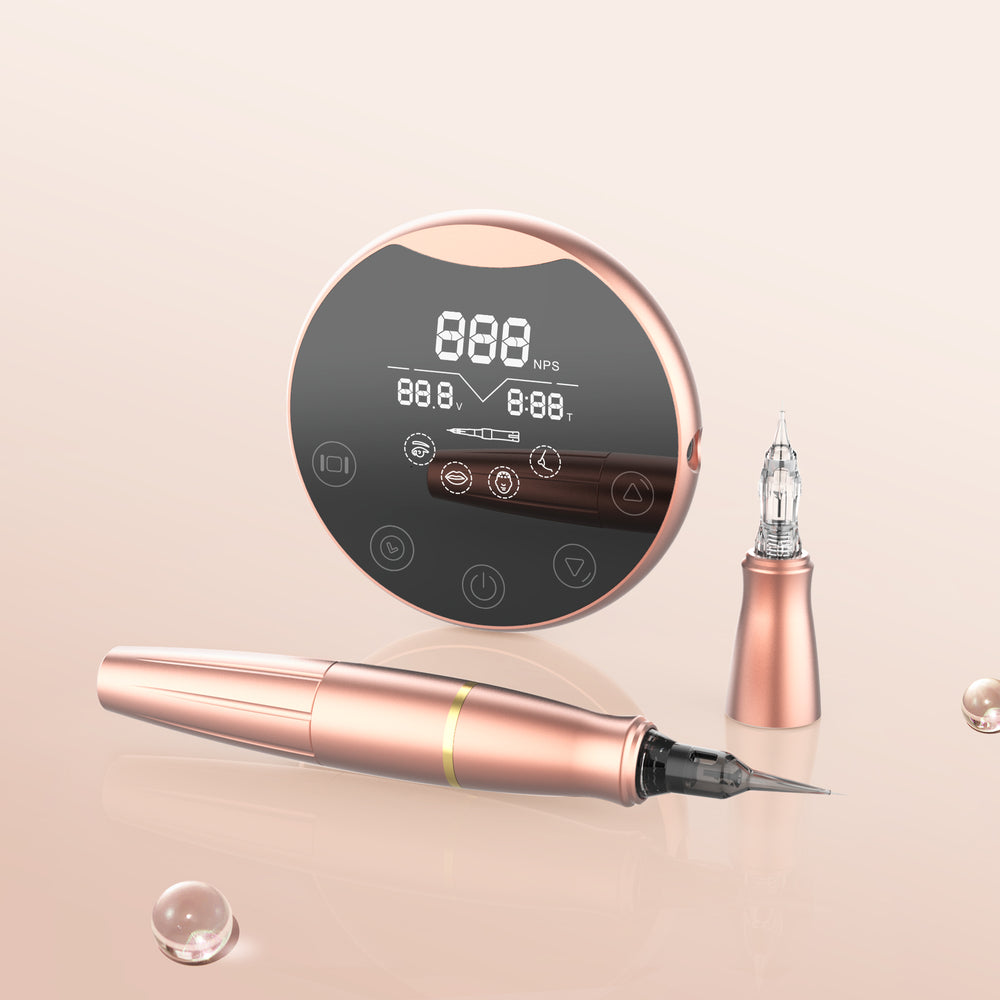The food industry is a complex and dynamic sector that demands stringent hygiene and safety standards. One crucial aspect often overlooked is the role of splash protection shields. These shields are essential in maintaining cleanliness, ensuring worker safety, and preventing cross-contamination. In this blog post, we will delve into the importance of splash protection shields in the food industry, exploring their various applications and benefits.

Ensuring Hygiene and Cleanliness
Maintaining hygiene is paramount in the food industry. Splash protection shields act as a barrier, preventing liquids and particles from contaminating food products and surfaces. For instance, during the preparation of raw meats, shields can prevent blood and juices from splashing onto other food items or workspaces, thereby reducing the risk of bacterial contamination. This not only ensures the safety of the food but also upholds the cleanliness of the environment.
Enhancing Worker Safety
Worker safety is another critical concern in food processing facilities. Splash protection shields play a vital role in safeguarding employees from potential hazards. For example, in environments where hot oils or boiling liquids are used, shields can protect workers from burns and scalds. Additionally, they can prevent the spread of harmful chemicals used in cleaning processes, ensuring that workers are not exposed to dangerous substances.
Preventing Cross-Contamination
Cross-contamination is a significant issue in the food industry, leading to foodborne illnesses and product recalls. Splash protection shields help mitigate this risk by creating physical barriers between different food items and preparation areas. For instance, in a bakery, shields can prevent flour dust from contaminating other ingredients, ensuring that allergens are contained and do not pose a risk to consumers with food sensitivities.
Improving Operational Efficiency
Beyond hygiene and safety, splash protection shields contribute to the overall efficiency of food processing operations. By containing spills and splashes, they reduce the need for frequent cleaning, allowing workers to focus on their tasks without constant interruptions. This leads to a more streamlined workflow and increased productivity. For example, in a beverage bottling plant, shields can prevent liquid spills from disrupting the production line, ensuring a smooth and continuous operation.
Versatility and Customization
Splash protection shields come in various forms and materials, making them adaptable to different environments and requirements. From transparent acrylic barriers to stainless steel panels, these shields can be customized to fit specific needs. For instance, in a seafood processing facility, corrosion-resistant shields can be used to withstand the harsh, salty environment. This versatility ensures that splash protection shields can be effectively integrated into any food processing setup.
Conclusion
In conclusion, the importance of splash protection shields in the food industry cannot be overstated. They play a crucial role in maintaining hygiene, ensuring worker safety, preventing cross-contamination, and improving operational efficiency. By investing in high-quality splash protection shields, food processing facilities can uphold the highest standards of safety and cleanliness, ultimately protecting both their employees and consumers. As we continue to explore the importance of splash protection shields in the food industry, it is clear that these barriers are indispensable in creating a safe and efficient food production environment.






